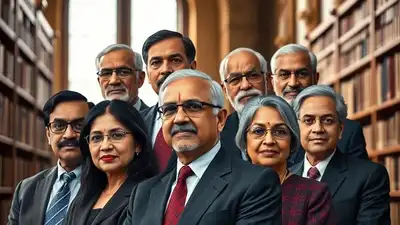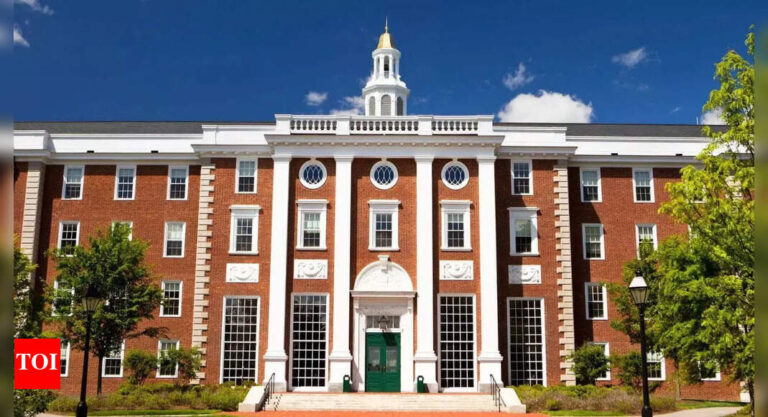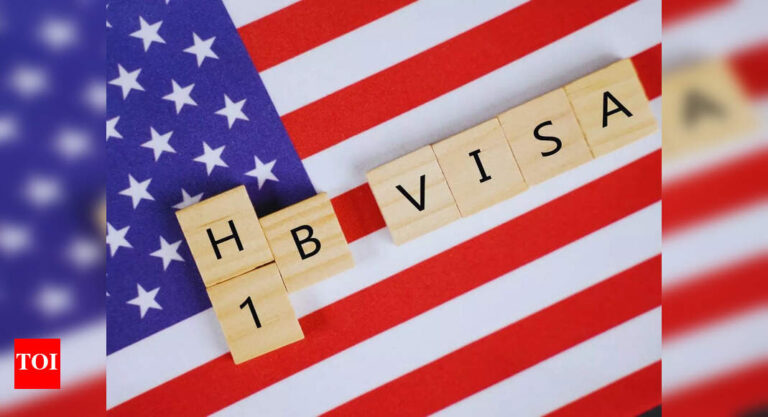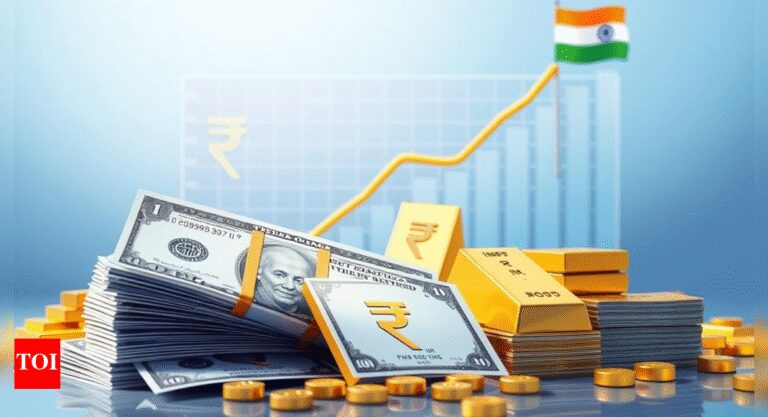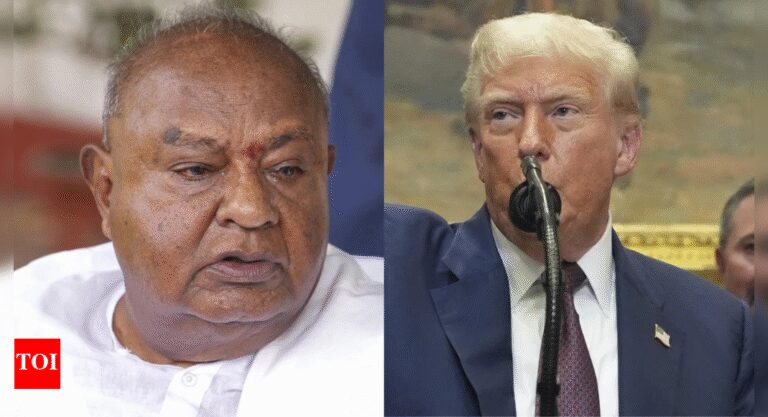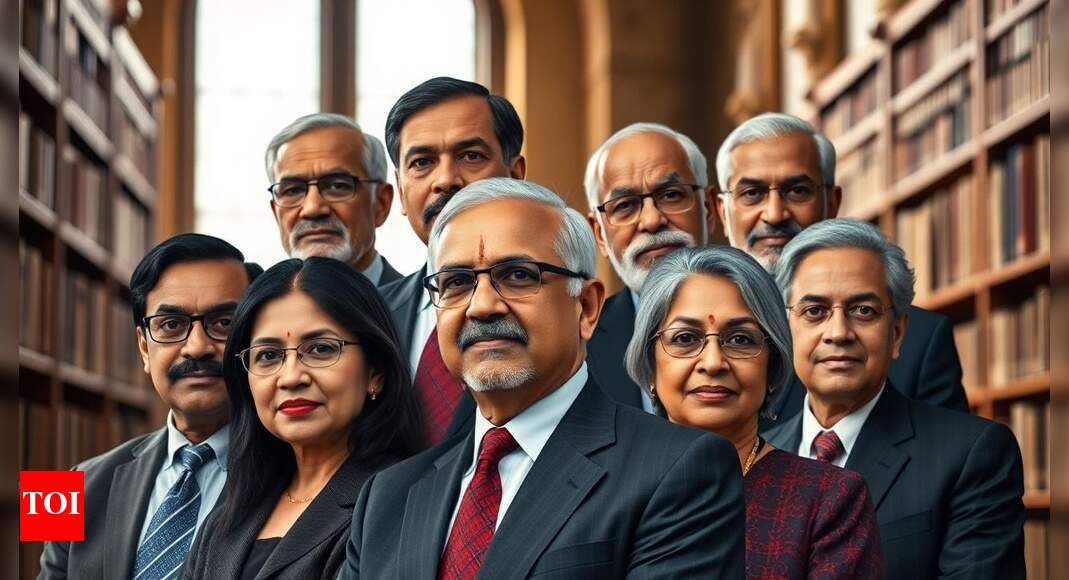
Indian-origin economists have been pivotal in shaping modern economic thought and policy, influencing areas ranging from development economics and international trade to behavioral economics and financial regulation. Their academic paths often start in India and extend to world-renowned universities in the US, reflecting a blend of rich cultural backgrounds and rigorous training.Below are seven distinguished Indian-origin economists working or having worked in the US, along with their educational backgrounds and notable contributions.Abhijit Banerjee (born 21 February 1961)Banerjee received his BSc (Honours) in Economics from Presidency College, University of Calcutta in 1981, before completing an MA at Jawaharlal Nehru University, Delhi in 1983. He then earned his PhD in Economics from Harvard University in 1988. Banerjee is now the Ford Foundation International Professor of Economics at MIT and co-founder of J-PAL (Abdul Latif Jameel Poverty Action Lab). Alongside Esther Duflo and Michael Kremer, he received the Nobel Prize in Economic Sciences in 2019 for his innovative use of randomised controlled trials to alleviate poverty. His work reshaped how development programmes are designed globally, grounding policy in rigorous field research.Arvind Panagariya (born 30 September 1952)Panagariya obtained a BA from the University of Delhi and an MA from the Delhi School of Economics before completing a PhD in Economics at Princeton University. He served as Vice-Chairman of India’s NITI Aayog and holds the Jagdish Bhagwati Chair in Indian Political Economy at Columbia University. A strong advocate of trade liberalisation and market reforms, his research has influenced India’s economic policy direction. Panagariya’s blend of rigorous scholarship and public service has made him an influential figure in both academic and policy circles.Raghuram Rajan (born 3 February 1963)Rajan holds a BTech in Electrical Engineering from IIT Delhi, an MBA (PGDM) from IIM Ahmedabad, and earned his PhD from the MIT Sloan School of Management in 1991. He later served as Chief Economist at the IMF and as the 23rd Governor of the Reserve Bank of India. Today he is the Katherine Dusak Miller Distinguished Service Professor of Finance at the University of Chicago Booth School of Business. Rajan’s early warnings about the 2008 financial crisis and his insights into banking structure and economic growth have made him a respected voice in global finance.Kaushik Basu (born 4 November 1952)Basu studied at Presidency College, University of Calcutta for his BA and later earned his MA and PhD in Economics from the London School of Economics. He served as the Chief Economist at the World Bank and as Chief Economic Adviser to the Government of India. As C. Marks Professor of International Studies at Cornell University, his work spans welfare economics, game theory, political economy and development policy. Basu is also known for contributions such as the “traveller’s dilemma” paradox and writings aimed at public discourse.Devesh Kapur (born 11 March 1961)Kapur completed his BA at St Stephen’s College, Delhi, and gained an MA at Delhi School of Economics before earning a PhD in Political Science at Princeton University. He is Director of the Centre for the Advanced Study of India and Professor of Political Science at the University of Pennsylvania. Kapur’s influential work on the Indian diaspora, immigration economics and development policy builds on empirical analysis and nuanced understanding of migration flows.Sendhil Mullainathan (born 17 October 1973)Mullainathan earned a BA in Computer Science, Mathematics and Economics from Cornell University and a PhD in Economics from Harvard University. He is Professor of Computation and Behavioral Science at the University of Chicago Booth School of Business and co-founded J-PAL and behavioural science firm Ideas42. His pioneering research explores how cognitive biases and scarcity affect decision-making, poverty and policy design, shaping the field of behavioural economics.Jagdish Bhagwati (born 26 July 1934)Bhagwati attended St Xavier’s High School and earned a Bachelor of Commerce from Sydenham College, Mumbai. He then travelled to England to study at St John’s College, Cambridge, where in 1956 he received a second BA in Economics. He completed his PhD in Economics at MIT. Bhagwati served as Ford International Professor of Economics at MIT before joining Columbia University as University Professor of Economics and Law. A Senior Fellow at the Council on Foreign Relations, Bhagwati is a renowned authority on trade theory and globalisation, honoured with Padma Bhushan and Padma Vibhushan awards.These Indian-origin economists not only represent academic excellence but have also significantly influenced economic policies and global economic thought through their research, advisory roles, and advocacy. Their educational trajectories highlight the interplay between Indian and American academic institutions in nurturing global economic leaders.TOI Education is on WhatsApp now. Follow us here.

